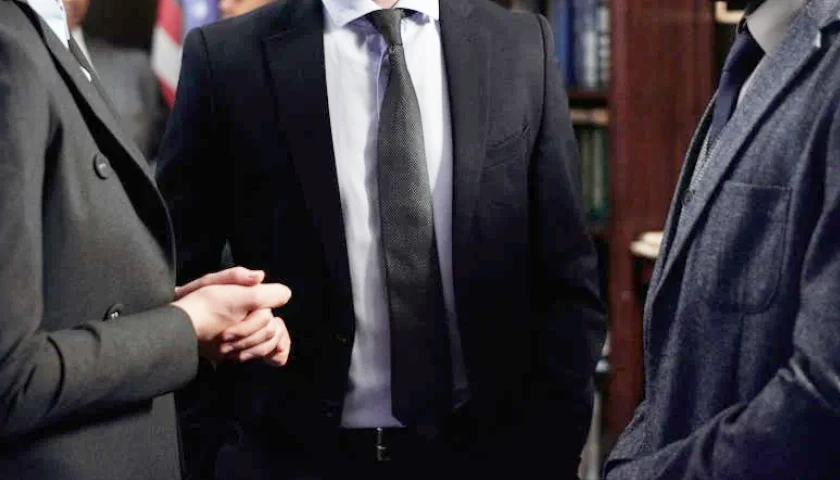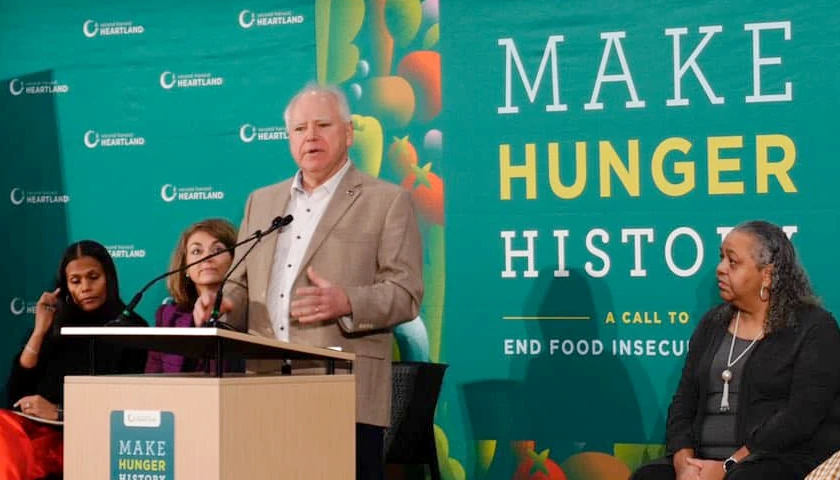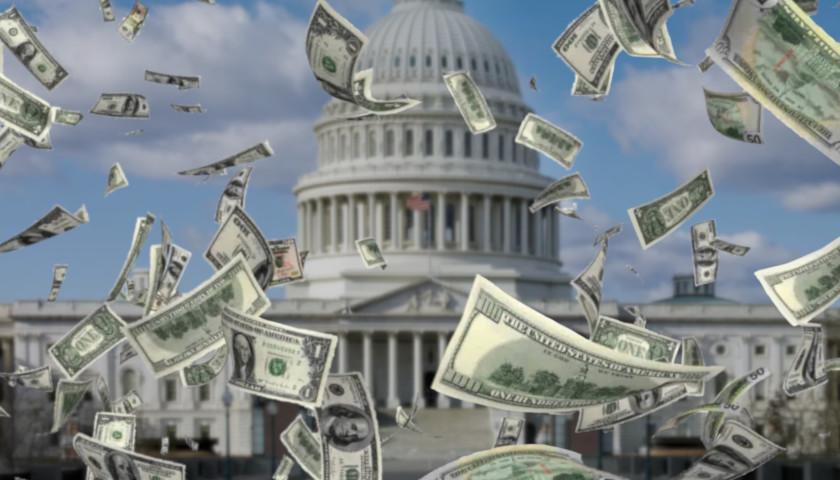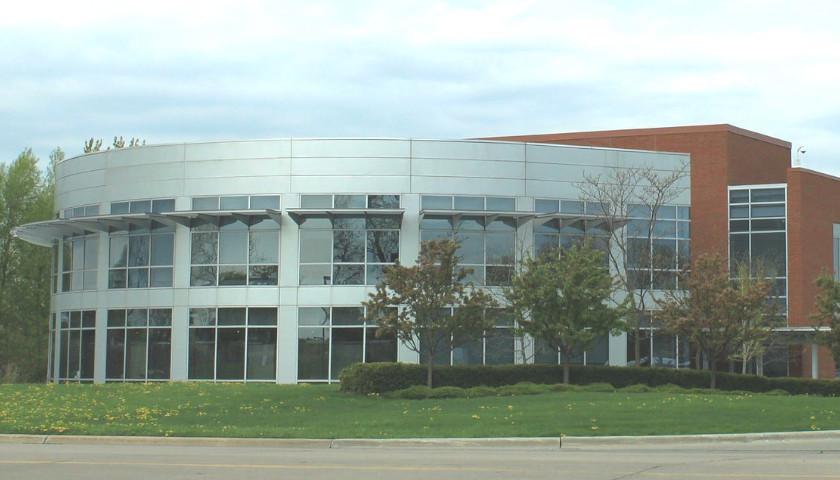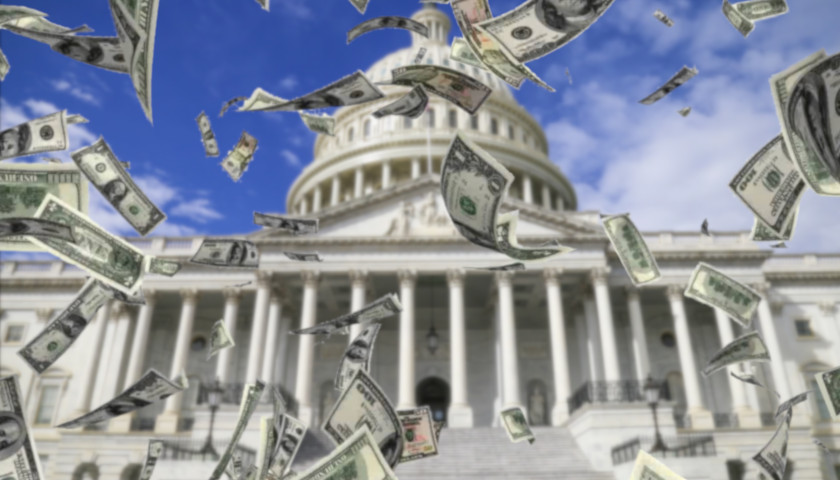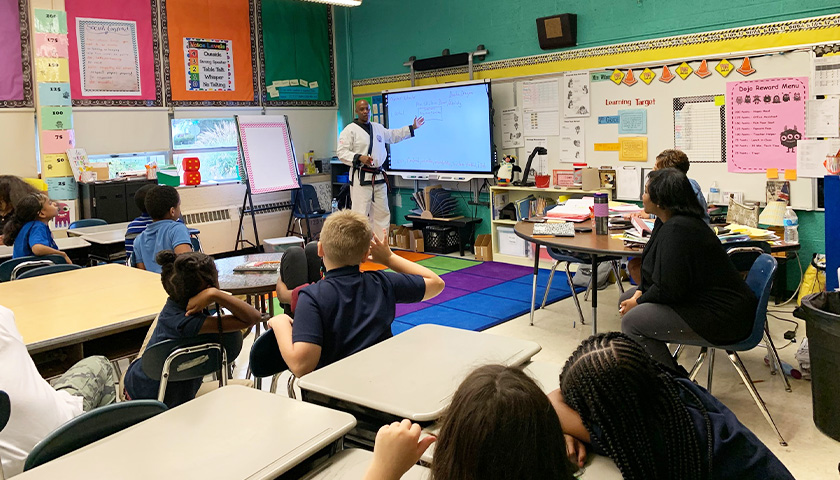In 2021, near the peak of the coronavirus pandemic, investigators tailed a Jeep Cherokee stolen from an airport Avis to a New York City apartment they called a “fraud factory” – no furniture, just an air mattress, a computer, stacks of loan and tax forms, and a shredder.
Two men who had first met in prison – Adedayo Ilori, 43, and Chris Recamier, 59 – were using stolen identities and fake paperwork to falsely claim they employed 200 people, bilking the federal government’s pandemic-relief programs of more than $1 million, according to federal prosecutors. They used the stolen money to splurge on big-ticket purchases, such as cryptocurrency, leasing luxury apartments and a Mercedes, the evidence showed.
Read More

